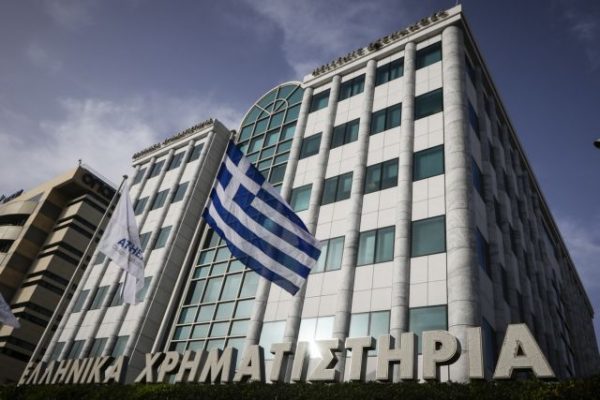One need not adopt the harsh phraseology in the German press criticism of Berlin’s stance in handling the coronavirus crisis – “lacking in solidarity”, “mean-spirited”, and “cowardly” – to point out the self-evident.
It is obvious that the European economy, which is comprised of all of the Union’s national economies, will need to be bolstered.
It will need solidarity, generosity, and courage for the EU’s economy not to be shaken irrevocably by the health crisis.
Tomorrow’s Eurogroup meeting is from that perspective very important.
One hopes to see the first indications that the locomotive of Europe, Germany, has begun to shed its fears from the past and that it is no longer bedeviled by the spectre of inflation and by the memory of the Weimar Republic – that it understands the concerns and challenges with which the contemporary world is confronted.
No one should be unfair to anyone. It is not easy at difficult moments to be magnanimous. Yet it is at such times that generosity characterises great leadership, as did the perceptiveness and moral leadership of Chancellor Angela Merkel during the refugee crisis of 2015.
That is why tomorrow’s Eurogroup will not be merely a gathering of technocrats in which numbers will predominate.
It will be deeply political because even though it was economics that united Europe it was politics that carved out its future path.








